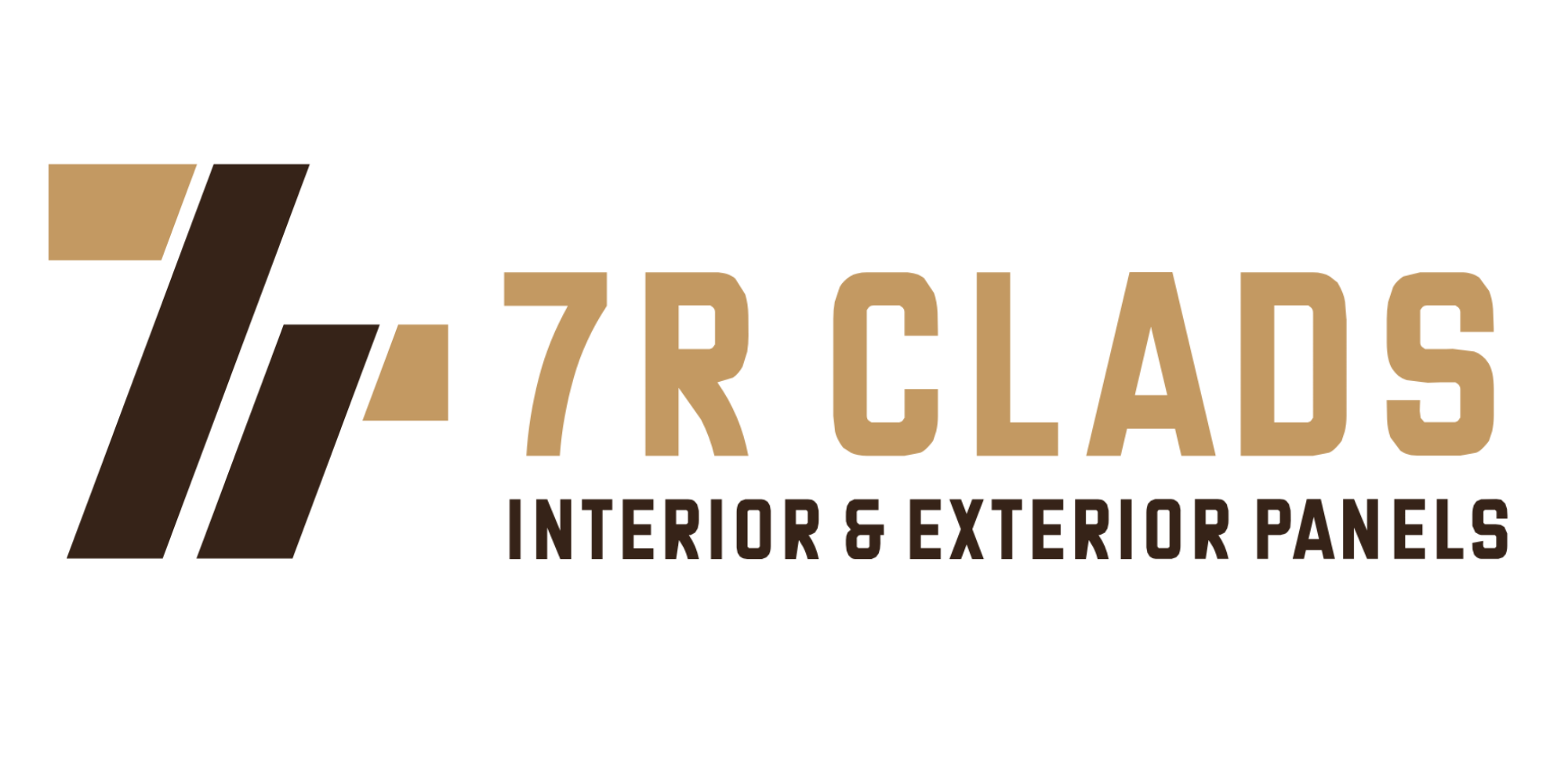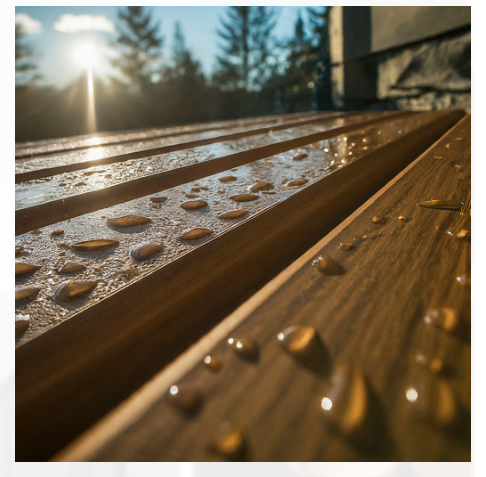Introduction: When it comes to selecting building materials, especially for areas prone to moisture and water exposure, understanding the water resistance of the material is crucial. Wood Plastic Composite (WPC) has garnered attention for its blend of wood and plastic, offering a variety of benefits. One of the most frequently asked questions about WPC is whether WPC is waterproof In this blog, we will delve into the properties of WPC to answer this question and explore its practical applications.
Water Resistance
The key to understanding WPC’s water resistance lies in its composition. The plastic component in WPC provides a barrier against moisture, making the material less prone to water absorption compared to traditional wood. This makes WPC highly resistant to water damage, including swelling, warping, and rot, which are common issues with natural wood.
Waterproof vs. Water-Resistant
While WPC is often marketed as waterproof, it’s more accurate to describe it as highly water-resistant. WPC Fluted panels of 7RCLADS can withstand exposure to water and humidity far better than traditional wood, but it is not completely impervious to water. Over prolonged periods and under extreme conditions, water may penetrate the surface, especially if the material lacks proper sealing or maintenance.
Advantages of WPC’s Water Resistance.
- Durability: WPC’s resistance to water makes it highly durable in environments where moisture is a concern. This extends the lifespan of the material, making it a cost-effective choice.
- Low Maintenance: Unlike wood, which requires regular sealing, staining, or painting to protect against water damage, WPC needs minimal maintenance. A simple wash with water and mild detergent is usually sufficient.
- Mold and Mildew Resistance: Waterproof and anti-mold and mildew growth assist keep WPCs from degrading the material and posing a health risk.
- Versatility: WPC offers versatility for various applications where moisture exposure is a concern, ranging from outdoor decking and fencing to bathroom and kitchen interiors.
Conclusion
While WPC is not entirely waterproof, its high water resistance makes it a superior choice for many applications where moisture is a concern. The combination of wood and plastic in WPC waterproof creates a material that can withstand water exposure better than traditional wood, offering durability, low maintenance, and resistance
Whether you’re considering it for outdoor decking, interior cabinets, or exterior cladding, WPC’s water-resistant properties make it a reliable and versatile option. Embrace the benefits of WPC and make informed choices for your construction and design projects, ensuring longevity and reduced maintenance in moisture-prone environments.

